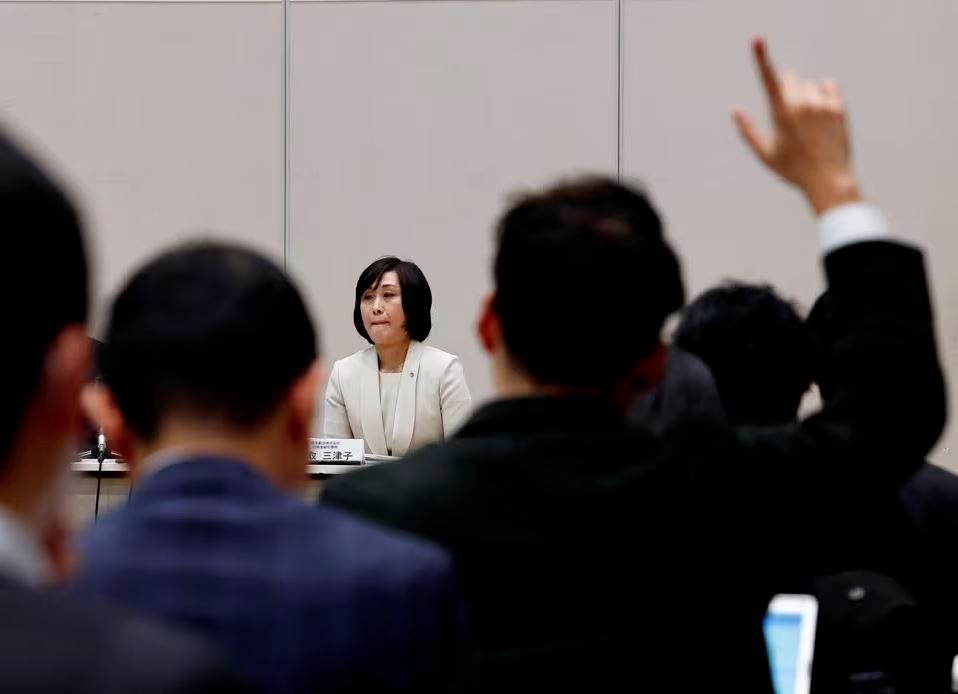TOKYO: Mitsuko Tottori’s appointment as Japan Airlines’ next president makes her something of a rarity in Japan – a female head of a well-known company.
While Japanese firms have rapidly raised the number of female board members in recent years, most are foreign directors. Change from within is slower in coming.
Under pressure from the Japanese government, the Tokyo Stock Exchange (TSE) and foreign investors, firms have been scrambling to improve diversity, including on their boards, bringing in external directors who are often lawyers, academics and accountants.
But the diversity push isn’t as broad as it could be, critics and governance experts say. Some 30% of women directors sit on multiple boards, double the percentage of men, according to a study of all TSE-listed firms by governance consultancy ProNed.
This reflects Japan’s difficulty in promoting from the inside – both board members and company executives – after years of neglecting to cultivate a pipeline of potential women managers, they say.
Traditionally, many Japanese companies had rigid hiring systems classifying employees as either “career track” or “non-career track” – with the non-career workers often the women who did administrative work.
“It’s very difficult to convince people of the value of diversity when they haven’t seen it in action,” Keiko Tashiro, a director and vice-president of Daiwa Securities, told Reuters in Davos earlier this month. Since 2005, Daiwa has had measures in place to train new generations of female leaders.
Tashiro is one of the most senior women in Japanese finance, where, like many industries, the top echelons remain overwhelmingly male.
Women account for only 13.4% of directors and executive officers at the 1,836 firms listed on the TSE’s “prime” market, and of these a mere 13% are internal hires.
“Many companies say they don’t want to promote unqualified females too quickly,” says Yuko Yasuda, a director at governance consulting firm Board Advisers Japan. “It may be an excuse.”
There are signs of change. Yasuda says more than half of inquiries for board posts are for women and clients are increasingly looking for direct management experience.
Finding women with experience, however, is challenging. Up to now, many Japanese women haven’t even entertained the prospect of becoming managers.
“Imposter syndrome is especially strong in Japan,” said a spokesperson for HR services provider Recruit Holdings.
The owner of platforms such as job website Indeed and company review website Glassdoor, Recruit has made changing this mindset central to its initiatives supporting women’s careers.
“We encourage people to further their careers by having various experiences early on,” the spokesperson said.
To extend opportunities for management training to a wider pool of candidates, Recruit’s domestic subsidiary has created a checklist of core competencies necessary to perform each first-line management position. - Reuters









